
Connect with a licensed Muslim therapist who understands your lived experience. In-person and virtual appointments available.


Accepting New Clients
She/Her
Psychotherapist
|
Phone
Video
I am originally from the Middle East and speak Arabic and English fluently, which allows me to effectively engage with diverse populations.
Areas of Focus
|

Accepting New Clients
She/Her
Founder and Executive Director
|
Phone
Video
When working with Zainib, you will find that her approach to therapy is collaborative, client-centred & trauma-informed.
Areas of Focus
|
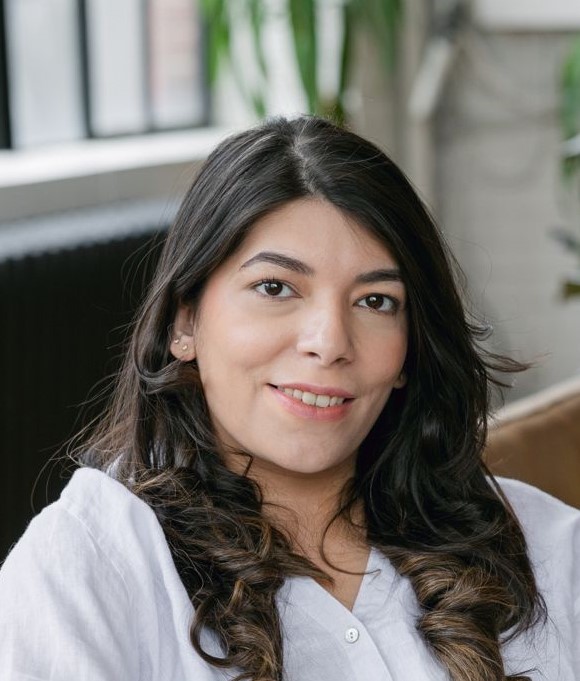
Accepting New Clients
She/Her
Psychotherapist
|
Phone
Video
Mahnoor has an extensive experience working with clients struggling with depression, anxiety, trauma, grief, OCD...
Areas of Focus
|
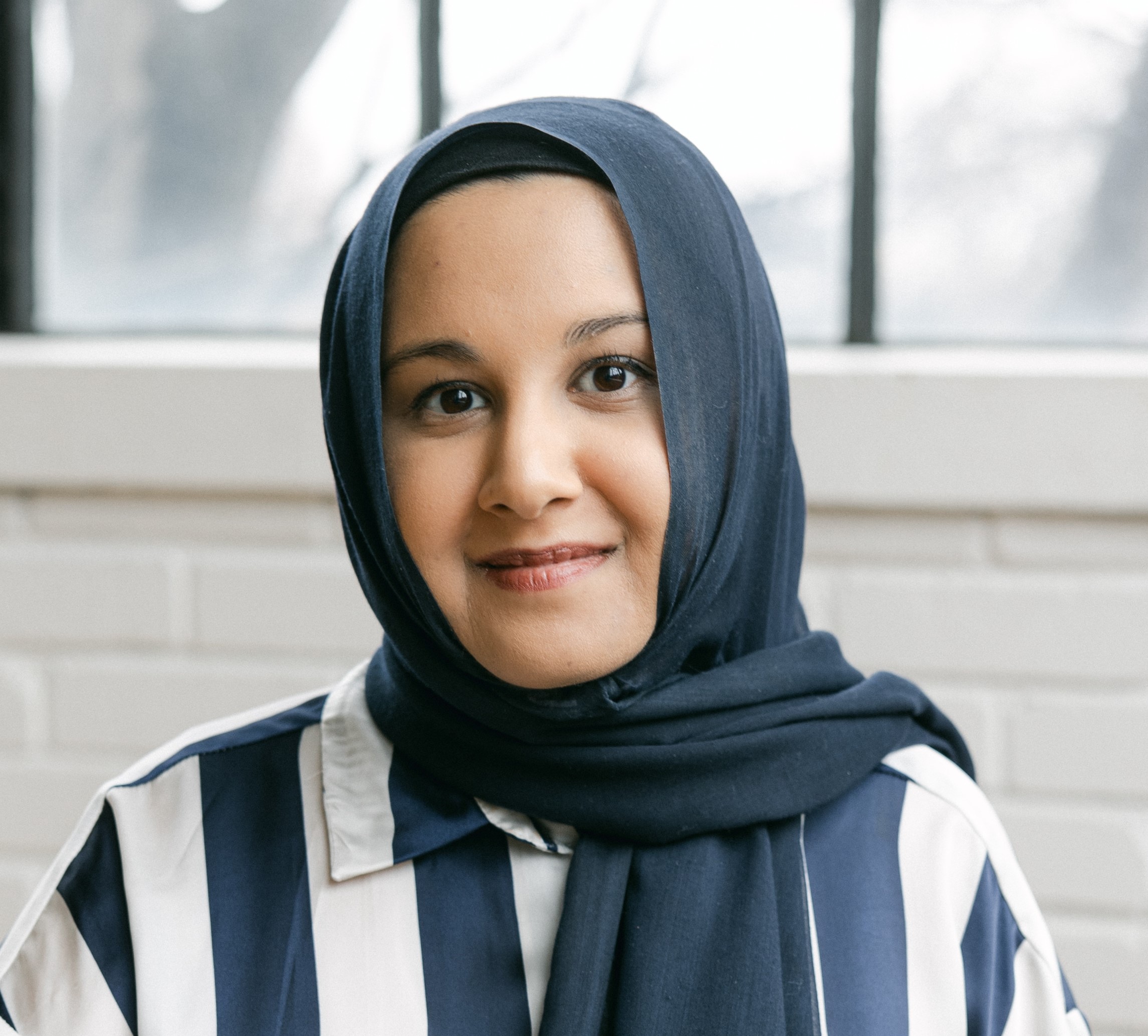
Accepting New Clients
She/Her
Psychotherapist
|
Video
Phone
Faiza specializes in providing individual therapy to adolescents and adults with Depression, Anxiety, Trauma.
Areas of Focus
|
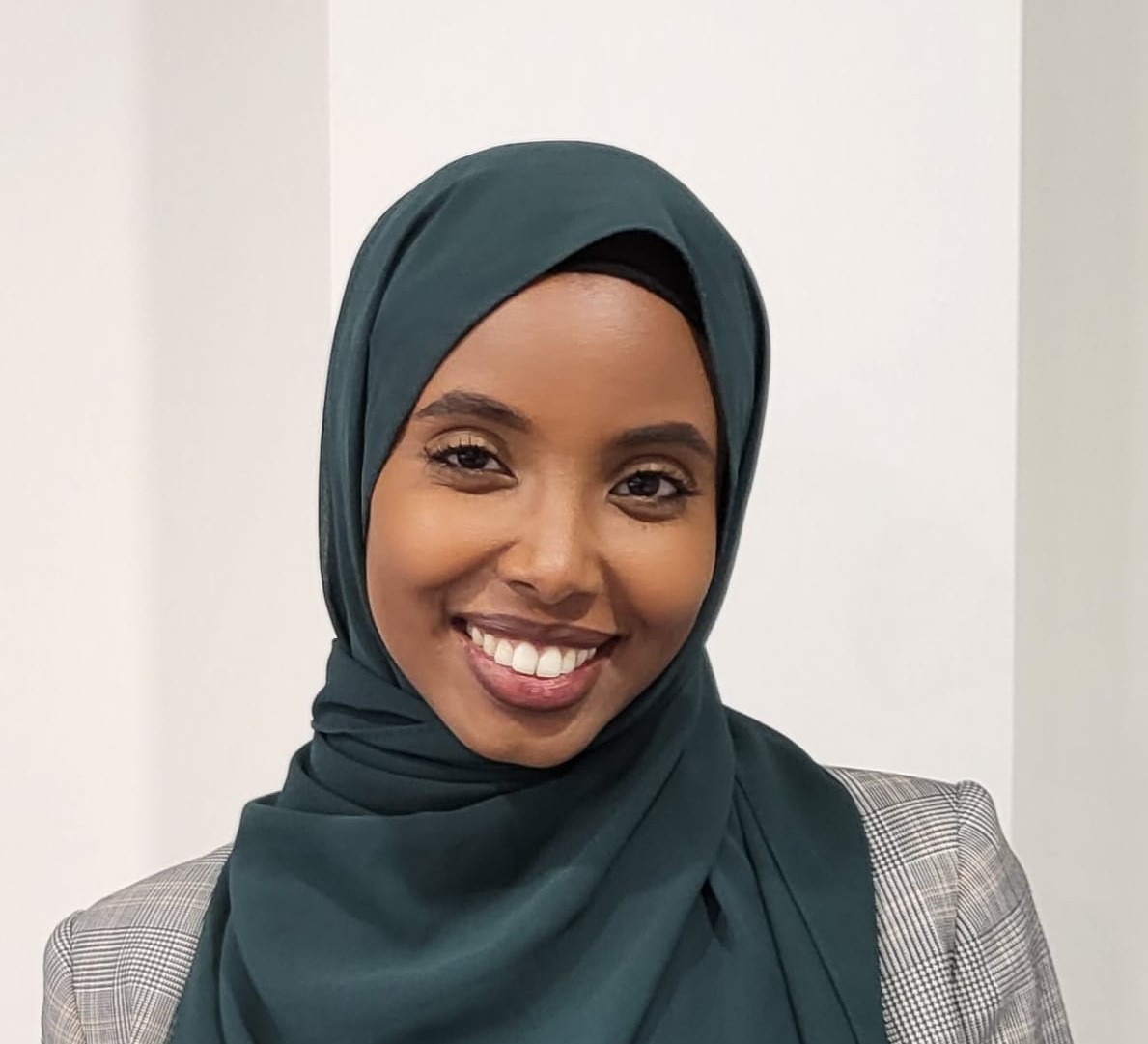
Accepting New Clients
She/Her
Psychotherapist
|
Phone
Video
Beidan Hassan is a Registered Social Worker who received her Masters of Social Work from the University of Toronto
Areas of Focus
|
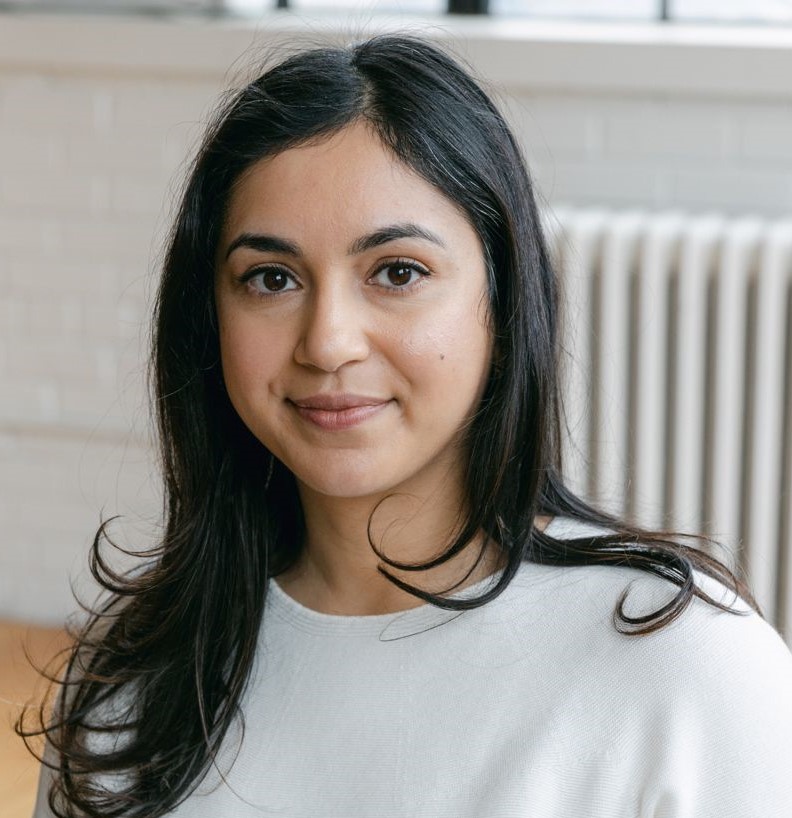
Accepting New Clients
She/Her
Psychotherapist
|
Phone
Video
Farah has completed a Masters of Social Work degree from Ryerson University. Farah has completed a Masters of Social Work.
Areas of Focus
|
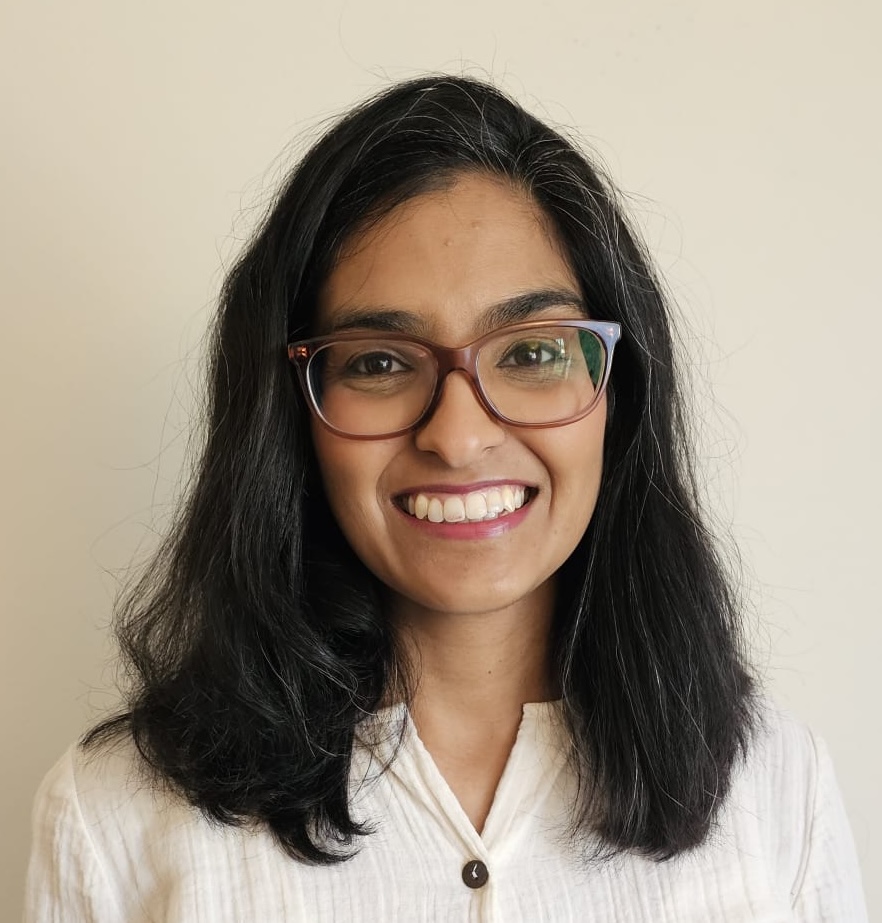
Accepting New Clients
She/Her
Psychotherapist
|
Video
Phone
I was born and raised in Montreal, Quebec to South Asian, Muslim parents. I did my undergraduate degree in Biology and Psychology at McGill
Areas of Focus
|
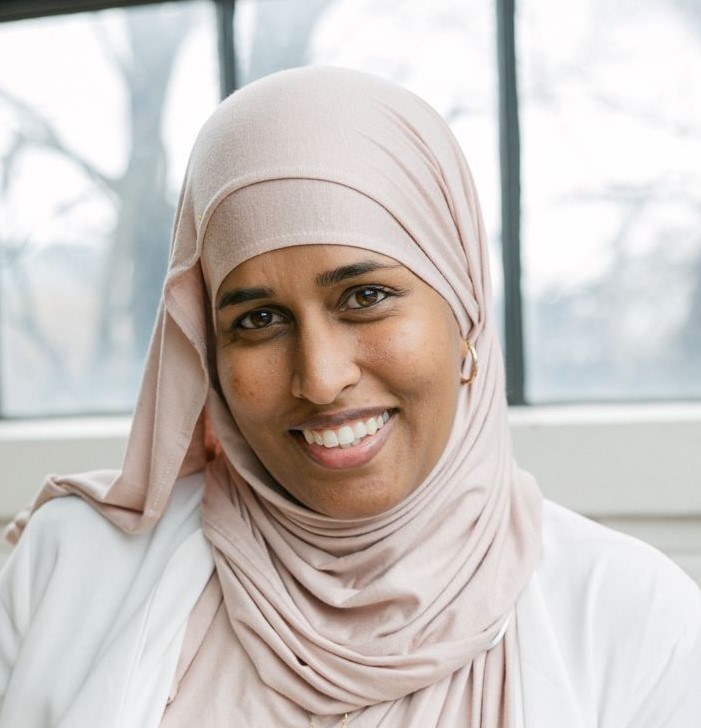
Accepting New Clients
She/Her
Psychotherapist
|
Phone
Video
Meccana is a registered social worker with over 17 years of experience offering person-centered support and advocacy with families
Areas of Focus
|
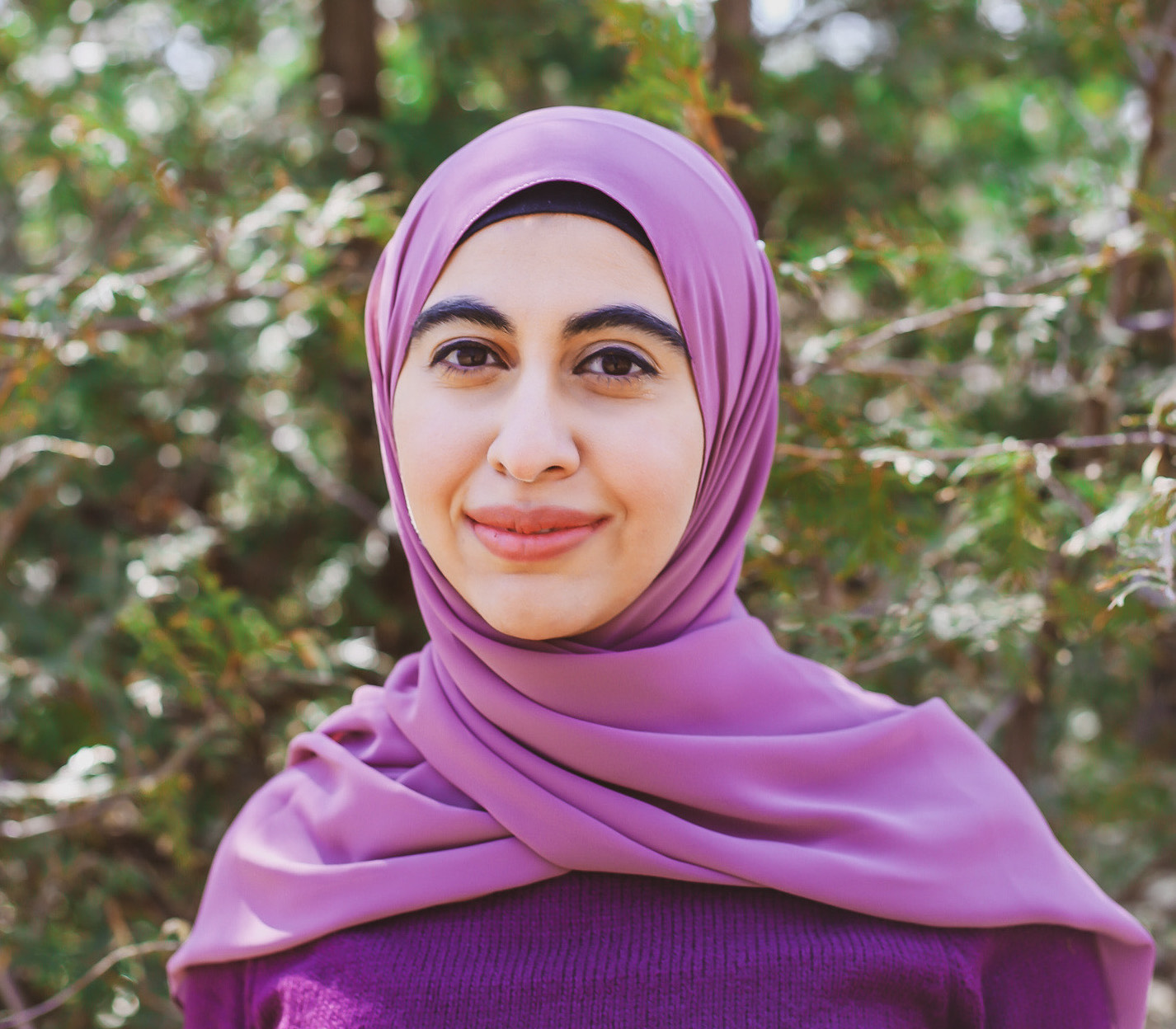
Accepting New Clients
She/Her
Psychotherapist
|
Phone
Video
With a background in working with racialized communities, newcomers, and refugees at CAMH, I have gained valuable experience in supporting y
Areas of Focus
|
A.jpg)
Accepting New Clients
She/Her
Psychotherapist
|
Phone
Video
Anisa offers therapy to adolescents and adults. She utilizes client-centred, holistic,trauma-informed and anti-oppressive approaches.
Areas of Focus
|
Helps you identify and shift unhelpful thoughts and behaviours that impact how you feel.
Teach you to slow down, become more present, and respond to stress with greater awareness and care.
Supports you in understanding, expressing, and healing through your emotions in a safe space.
Combines acceptance and change strategies to help with intense emotions, relationships, and coping.
Recognizes how trauma shapes your experiences and centres safety, choice, and empowerment in the healing process.
Connects body and mind by using gentle awareness and movement to support nervous system regulation and healing.
A therapy that helps the brain reprocess and release distress from traumatic or overwhelming experiences.
We believe that your complexities should be taken into consideration during therapy. A great way to do this is to have a therapist that reflects your unique identity and can relate to the factors that have impacted your mental health.
Having a Muslim therapist can be very beneficial for those whose mental health has been shaped by familial, cultural, or religious dynamics. A therapist who has either experienced or witnessed these dynamics in their own life can be better suited to help you unpack and understand how your racial identity has affected you.
By matching with the right therapist who understands your positionality, you can spend less time “explaining yourself” and more time focusing on your treatment.
.jpg)
We offer virtual sessions by phone or video, making therapy accessible to you from wherever you live in Ontario, Quebec, Alberta or even British Columbia. Learn more about our services and how to get started with therapy in each of the areas listed below.
An effective Muslim therapist will combine professional training in evidence-based therapies and a deep respect and understanding of your cultural, spiritual, and religious identity. Some signs to look for:
They demonstrate competence with one or more therapy modalities from a decolonial lens (CBT, DBT, emotion-focused, EMDR, trauma-informed, etc.) and sensitivity to cultural and religious dynamics.
There is no one-size-fits-all answer. The number of sessions depends on several factors:
For many people, a noticeable change may occur in 8-12 weekly sessions. But for deeper, more complex experiences (trauma or long-standing patterns), a longer term relationship may be necessary. The key is regular check-ins: with your therapist, see if you are making progress toward your goals.
Cultural sensitivity isn’t just “nice to have,” it can significantly affect how safe, understood, and ultimately how successful therapy feels for you. Here are some reasons:
More relevant coping strategies: Culturally sensitive therapists can suggest interventions that work within your framework (religious/spiritual, communal supports, etc.), instead of proposing ones that might feel alien or less doable.
Psychotherapy (often called “talk therapy”) is a collaborative process between you and a trained mental health professional. It helps you explore and understand your thoughts, emotions, behaviours, and life experiences to bring about change, healing, and growth. Key aspects:
It’s not just about symptom relief — often about building skills, personal insight, and sometimes exploring spiritual or cultural dimensions of identity.
Here are practical ways to find a therapist who aligns with your faith and background:
Ask questions when you first reach out: (.e.g via email or phone) ask: “Have you worked with Muslim clients before?” “How do you incorporate faith/spirituality if that is important to me?” “Are you familiar with Islamic practices and how they might influence mental health?”
Essentially same as above, but some more specific suggestions:
Online/teletherapy options: many Muslim therapists offer video or phone sessions, which broadens options. Wellnest also offers virtual sessions for clients beyond just Toronto or Mississauga.
Combining the above with deeper alignment, here are tips to narrow the search:
Community referrals: Sometimes a great match comes from word of mouth; someone in your mosque / community may know a therapist who is both Muslim and culturally competent, and whose style and personality align more closely with what you're comfortable with.
If you have any other questions, check out our FAQ page. You can also reach out to us at info@wellnest.ca or call/text us at 437-333-WELL(9355).
Our Commitment to Our Communities
For far too long, people of colour have been underrepresented in the mental health space, both as providers of psychotherapy services and seekers of those services.Our lived experiences and observations led us to understand that one of the most fundamental areas of change needed in our field is for better representation of its professionals. We want people, no matter their journey or their identity, to feel seen and heard as they navigate their healing.

Wellnest
415 Yonge St, Suite #1604, Toronto, ON, M5B 2E7
Monday 8 AM–8 PM
Tuesday 8 AM–8 PM
Wednesday 8 AM–8 PM
Thursday 8 AM–8 PM
Friday 8 AM–8 PM
Saturday 8 AM–6 PM
Sunday 8 AM–6 PM
We offer multiple ways you can pay for your therapy sessions here at Wellnest.

Find out if your insurance covers therapy

We accept credit card and Visa debt

Available by request and need
Some insurance providers cover therapy, please check with your insurance provider to see if they cover therapy.





